Anonymous Questionary to Minimize Biases in the Application Process of PhD Candidates for the Young Researcher Program in Graz
- 1Space Research Institute, Austrian Academy of Sciences, Graz, Austria (ruth-sophie.taubner@oeaw.ac.at)
- 2Institute of Theoretical and Computational Physics, Graz University of Technology, Graz, Austria
- 3Institute of Physics, University of Graz, Graz, Austria
In 2022, the Space Research Institute in Graz (Austria) together with the Graz University of Technology and the University of Graz launches the Young Researcher Program in interdisciplinary space science and planetary research (YRP@Graz). This program aims to provide a network within which the PhD candidates will benefit from the infrastructure and the international standing of the scientific landscape of Graz. The various topics offered in the frame of this program range from the atmospheres of exoplanets via solar and heliospheric physics through to space instrumentation. The candidates have the opportunity to apply for two to five different projects.
For this newly established program, one major aim is to establish an inclusive application process that is open to everybody having a fitting academic and scientific background. The initiators of the program are aware of the challenges and limits that (unconscious) biases in application processes poses for organisations (e.g., gender bias as reported in Moss-Racusin et al., 2012) leading eventually to underperforming organisation because of an over-homogeneity of their staff. One first step to improve the current situation is implementing an anonymous questionary for the first stage of the application process. This is already a common procedure in the private sector (e.g., Rinne, 2018).
In the anonymous questionary, the candidates are asked to only give general information like the title of their master project or the expected date of finishing their master's degree. The only personal information given is the email address. The email address is needed for further communication with the candidates and, however, will not be forwarded to the appointments committee. All submissions are screened for personal information to remove them before handing over to the appointments committee. Besides information about the candidates' academic background, the applicants are invited to write a short statement about how their expertise would fit the chosen project(s) and a short proposal about what they would like to focus on during their PhD within the frame of the project(s). Further, we ask the candidates to reflect on their ethical behaviour in their research in order to assure research integrity.
From the applications submitted via the questionary, a substantial list of candidates will be compiled. These students will proceed to stage 2 and will be invited for an interview. Only at that stage, we will ask for personal information including reference letters, diploma certificate(s), etc.
We will present the questionary, statistics about and feedback from the applicants regarding the application process, and our conclusions and suggestions for improvements. With that we hope to motivate further institutions to perform open application processes to minimize biases and to raise the accessibility and inclusive atmosphere within science.
References:
Young Researcher Program in interdisciplinary space science and planetary research (2022), Overview. Available at: https://www.oeaw.ac.at/en/iwf/research/young-researcher-program-yrpgraz (accessed: 5 May 2022).
Moss-Racusin, C.A., Dovidio, J.F. Brescoll, V. L., Graham, M. J., and Handelsman, J. Science faculty's subtle gender biases favor male students (2012). PNAS, 109 (41), 16474 —16479, doi:10.1073/pnas.1211286109
Rinne, U. Anonymous job applications and hiring discrimination (2018). IZA World of Labor, 48 doi: 10.15185/izawol.48.v2
How to cite: Taubner, R.-S., Helling, C., and Veronig, A.: Anonymous Questionary to Minimize Biases in the Application Process of PhD Candidates for the Young Researcher Program in Graz, Europlanet Science Congress 2022, Granada, Spain, 18–23 Sep 2022, EPSC2022-52, https://doi.org/10.5194/epsc2022-52, 2022.

